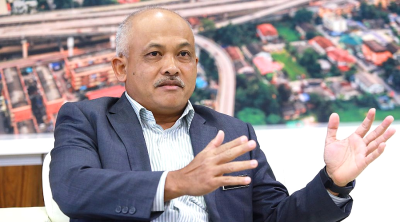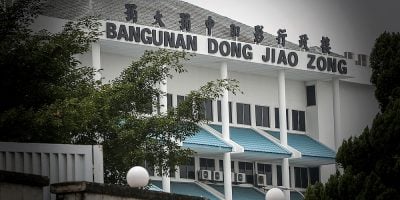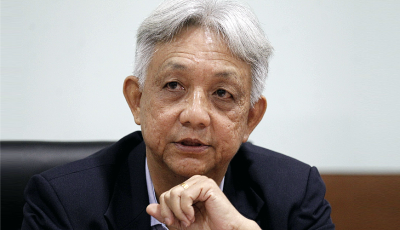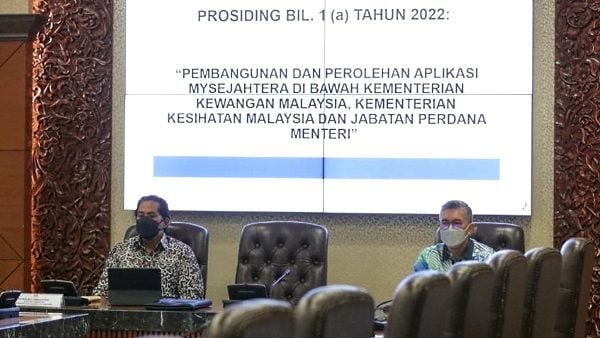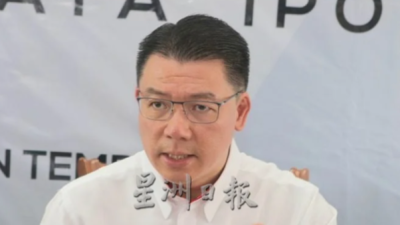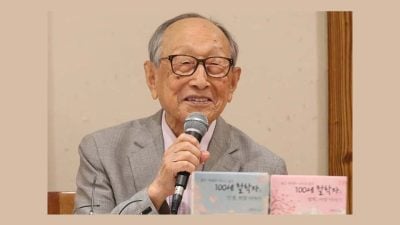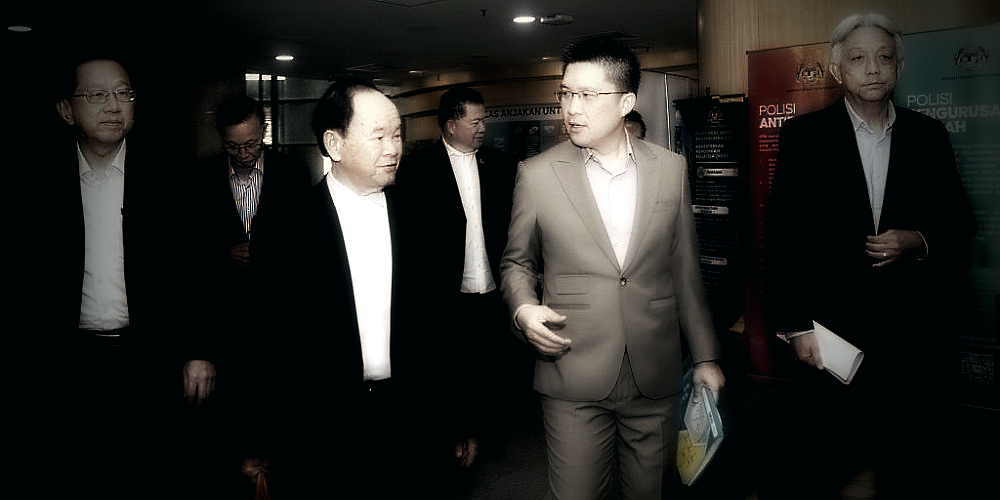
After Wong Kah Woh assumed duties as deputy education minister, he had his first formal meeting Monday with Dong Jiao Zong representatives like Tan Tai Kim and Cheah Lek Aee over major educational issues such as allocations for SJKCs and SMJKs, maintenance of school facilities, teacher availability, relocation of micro schools, as well as UEC recognition.
After the meeting, the deputy minister described his relationship with Dong Jiao Zong as “close as lips and teeth” (唇齿相依). He also promised that both sides would meet regularly, once every three months, to discuss tacky issues pertaining to Chinese education in the country.
Indeed, deeper mutual understanding can only be attained through discussions and consultation, and this is the only way to resolve pending chronic problems.
We don’t expect issues related to Chinese education to be resolved overnight, but at least this is a good start.
Without Chinese education, there is no need for a unit specializing in Chinese education affairs within the education ministry. And without such a unit in the education ministry, the future of Chinese language education in this country will be doomed.
To be honest, local Chinese enterprises and Chinese education enthusiasts in Malaysia are unable to support the whole spectrum of Chinese language education from primary through to tertiary levels in terms of expenses (including remunerations, construction and sources of qualified teachers) required of all-rounded Chinese education development in this country.
The deputy minister said early Chinese migrants were fighting tooth and nail to preserve the integrity of Chinese language education in this country. Thanks to their efforts, we have been able to boast a complete set of Chinese language education system here, from primary schools all the way to universities.
Do we really need to “fight” for education? Very much so! Chinese educationists such as Lim Lian Geok, Sim Mow Yu, Lim Fong Seng all the way to Tan Tai Kim and Cheah Lek Aee today, these people were not fighting for anything but fair treatment from the government. Such a “struggle” has been going on for decades, and is veritably a long-suffering journey that drains a person not just physically but also mentally!
These people aside, local Chinese associations, Chinese media, and Chinese enterprises have also been playing their equally important roles in the development of Chinese language education in Malaysia for so many decades.
Take the 60+2+1 independent Chinese high schools for instance, many local Chinese entrepreneurs have spent generously to adopt schools and solve their financial dilemmas, so that our children get to go to schools.
Additionally, there are many dedicated educators on the front-line of Malaysia’s Chinese language education who have devoted big parts of their lives to education.
Total enrollment at independent Chinese high schools nationwide stood in excess of 80,000 in 2023, or about 18.5% of the population of Chinese primary schools.
The number of independent high school students has experienced multiple-fold increase since the 1970s. Today, their academic achievements are well recognized by established universities across the globe, thanks to the concerted efforts of Chinese Malaysians as well as tolerance from the government.
In addition, there are also Chinese primary schools (numbering 1,302 nationwide), mission schools, and some 82 SMJKs with a total enrollment in excess of 100,000. All these are part and parcel of the Malaysian Chinese language education.
Dong Jiao Zong has been fighting for institutionalized allocations to be included in the government’s annual budgets with the hope the issue of expenses will not impact the students’ education.
Chinese education has always been a bonus to the country’s education system, as it grooms a diverse pool of talented young Malaysians.
Today, many top-notched talents in areas such as politics, technology, academy and business have hailed from independent Chinese high schools or SMJKs.
The government only spends a meager sum of money to nurture such an enormous pool of talented workforce that contribute significantly towards the country’s development. Shouldn’t Chinese education deserve more attention and be encouraged by the government?
We feel that not only the relationship between the deputy education minister and Dong Jiao Zong is “close as lips and teeth,” so is the relationship between Chinese language education and the country’s sustained development!
Sure enough Malaysia will continue to exist in the absence of the Chinese people or Chinese language, but the damage inflicted will be tremendous and far-reaching.
It will be a win-win strategy for the government to support the local Chinese education. It is our sincere hope that the deputy education minister will help put Malaysia’s Chinese education development back to the right track.
ADVERTISEMENT
ADVERTISEMENT






